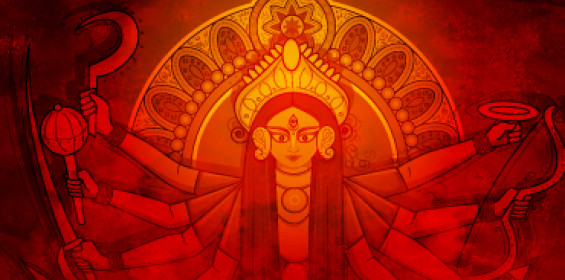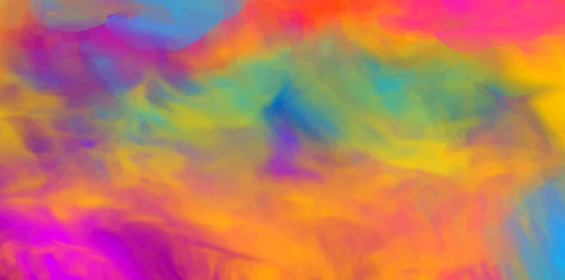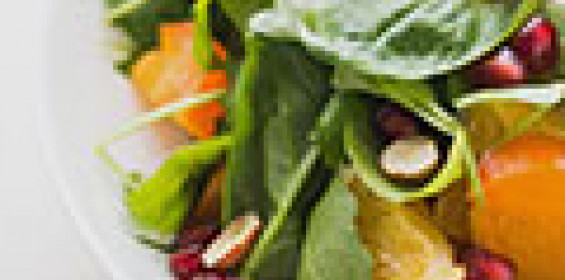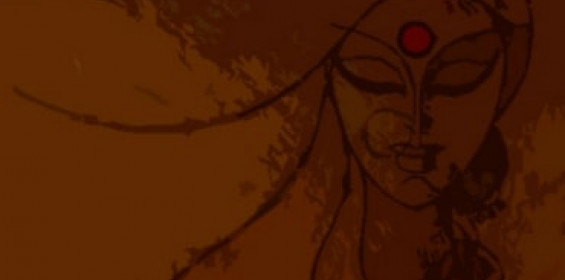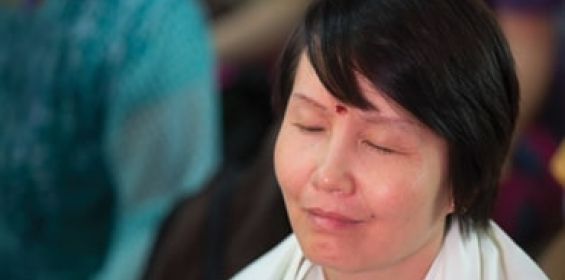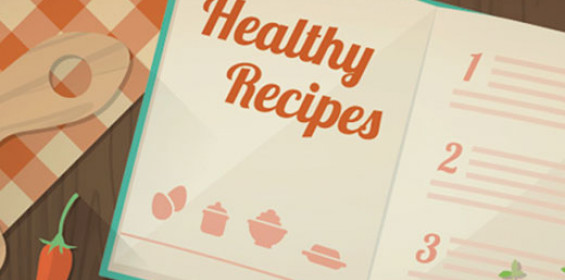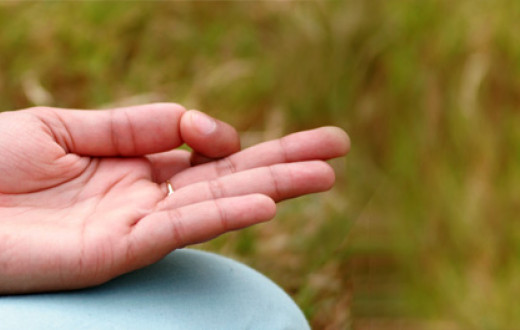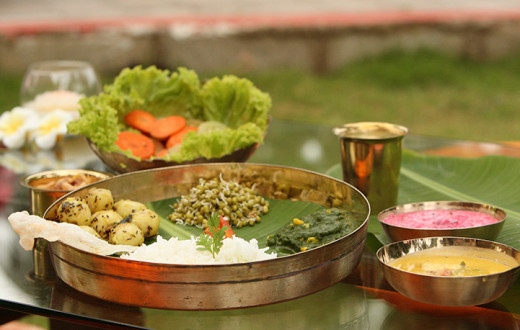Pongal is a harvest festival celebrated predominantly by Tamil farmers. Just as farmers in Punjab extinguish the last embers of their Lohri bonfire, down South, and particularly in Tamil Nadu, arrangements get underway to start celebrations for the four-day Pongal festival.
Pongal? Isn’t that the mouthwatering, sweet dish made of rice, moong dal, and jaggery? Yes, you’re right! While the pongal dish is a traditional delicacy, Pongal is also a harvest festival.
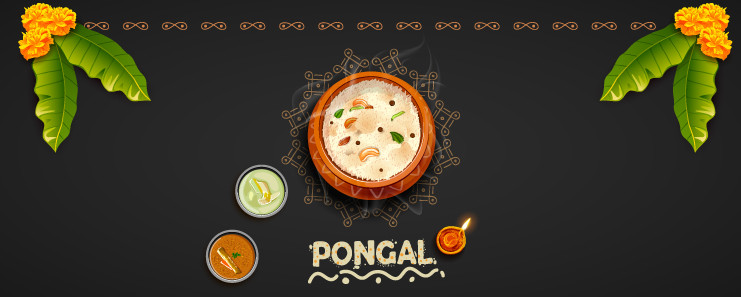
India is such a diverse and culturally-rich nation that traditions and practices vary every 50 km. So, it is possible that you live in Karnataka or Kerala and are still not aware of your Tamil neighbors’ harvest festival that comes every mid-January.
While Makar Sankranti is celebrated in different parts of India, in Tamil Nadu, Pongal, the harvest festival celebrations take centre stage. And they go on for over four days!
So what is Pongal, how is it celebrated, and what are the unique customs practiced at this time? Learn all about it here.
When is Pongal 2023?
The Pongal festival is celebrated in the Tamil months of Margazhi (December-January) and Thai (January-February) between January 14 and 17. While the day before the main day of Pongal, Bhogi, falls on the last day of the month of Margazhi month (January 14 or 15th), the next three days of Pongal fall in the first three days of the month of Thai.
This is the time of year when rice, sugarcane, and turmeric are harvested, all of which play an important role in the celebrations of this festival.
Origin of the word ‘Pongal’
Pongal literally means to ‘boil over’ or ‘overflow’. The practice of rice boiled with milk, spilling over in an earthen pot under the sun came to be celebrated as the festival of Pongal that we know today.
Pongal has been celebrated since the Sangam Age more than 2 millennia ago. It is interesting to learn how the four days are celebrated in different parts of Tamil Nadu and the South.
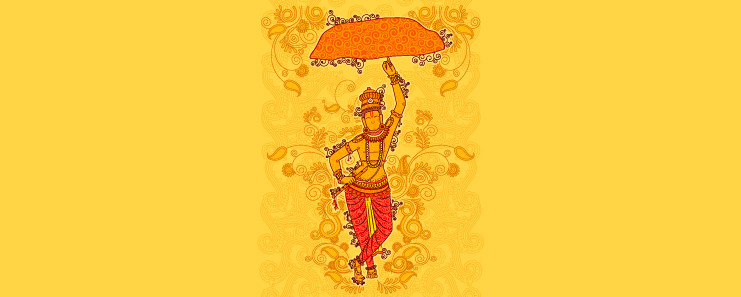
So, here are some facts you may not know about Pongal.
First day of Pongal: Bhogi Pandigai - January 14, 2023
Bhogi festival is celebrated one day before the main Pongal day. ‘Bhogi’ means ‘bountiful harvest’. A good harvest is contingent upon adequate rainfall. So, farmers pray to the Rain God, Lord Indra, and thank him for his blessings which have enabled a bountiful harvest.
On this day, villagers clean and whitewash their houses, decorate it with kolam (auspicious designs made with rice flour) and line the borders of their houses with red mud. They also anoint the tools they use for harvest - sickles and plows - with sandalwood paste.
This is also the day when people discard their old clothes and items they do not need into a bonfire traditionally made of waste matter such as cow dung cakes and scrap wood. As winter draws to a close, this fire keeps the bodies and hearts of the people warm.
The symbolic meaning is to do away with the old, and ring in the new – in terms of ideas and thoughts as well as material possessions.
The second day of Pongal: Thai Pongal or Surya Pongal – January 15, 2023
Thai pongal is considered the main day of the Pongal festival. This day is dedicated to Surya (the Sun God) whose benevolence and energy enable life on earth. Thanks to the grace of the Sun God, a good harvest is possible.
People wake up early, take a bath, and decorate their house entrance with traditional and beautiful kolam.
On this day, people make sakkarai Pongal (sweet pongal) and offer it to the Sun God along with sugarcane. Traditionally (mainly in villages today), Pongal is cooked in earthen pots under the sun with a turmeric plant tied around it. In urban areas, the vessel used to make Pongal is tied with a turmeric plant. When the Pongal boils over, all the members of the family gather around and shout Pongal O Pongal!
The third day of Pongal: Mattu Pongal – January 16, 2023
Mattu Pongal is celebrated to honor cattle that have helped plow agricultural lands that yield crops. Farmers and villagers wash their cows and buffaloes, polish and paint their horns, tie colorful beads, tinkling bells and beautiful garlands of flowers around them and anoint them with vermilion and other pastes, worshipping them for their hard work, which has brought forth the food we eat every day. They are then taken around the village so everyone can join in the celebration.
This is also the day that jallikattu (bull-fighting) takes place in villages. Other games such as ‘break the pot with a stick while wearing a blindfold’, tug-of-war, and kolam (rangoli) competitions are also held to encourage merriment and togetherness.
Our ancient sages mastered the secrets of the breath and the mind. In many ways, this is our heritage. Unlock these secrets in these modern times, and keep the legacy alive at The Art of Living Meditation and Breath Program.
Learn what our ancients knew about the mind and breath. They are all the remedies you will need. I'd like to know more>>
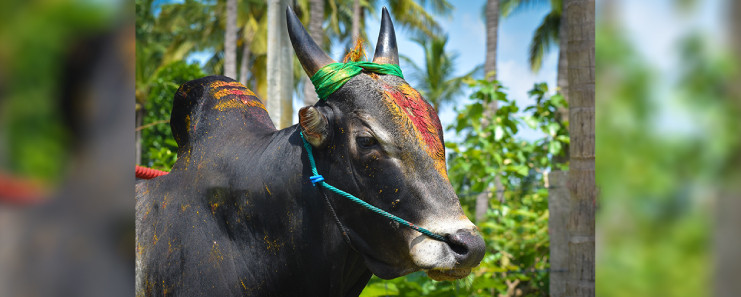
This day is also celebrated as Kanu, the South Indian version of Rakshabandhan. It is a day when sisters pray for the long and prosperous life of their brothers. Women take a little bit of leftover sakkarai pongal (sweet pongal), white rice mixed with kumkum (vermillion) and haldi (turmeric powder), betel leaves and nuts, plantains, and pieces of sugarcane and place them in the courtyard on the leaves of the washed turmeric plant. These are offered to animals and birds, especially crows, house sparrows, squirrels, and other domestic creatures. This tradition is called ‘kanu’ or ‘kannu pidi’ and is typically done by women in their parental homes. It is believed that this will ensure prosperity and long life to the brothers. For this affectionate gesture, brothers give gifts to their sisters. This custom ensures and increases the bond that the girl has with her brother and maternal home. It also ensures our coexistence and compassion with nature.
In some rural areas, kummipattu is held. This is a ritual where unmarried girls sit at the center as women dance around them singing and praying for their early marriage as Pongal ushers in the marriage season in Tamil Nadu.
Fourth day of Pongal: Kaanum Pongal – January 17, 2023
‘Kannum’ means ‘to see’ or ‘to visit’, so this last day of Pongal is a day of get-togethers and general merriment as families gather and enjoy feasts.
But, are there some stories and beliefs about why some of these practices came into being? Of course, there always are! Here are some of the stories about why Pongal is celebrated.
Legends behind the celebration of Pongal
1. Why is the first day of Pongal, Bhogi in honor of Lord Indra, the God of Rains?
People used to worship Lord Indra, the King of the Devas (Gods), and gave him pride of place. This made him arrogant; he began to think of himself as the most important and powerful of all Gods. Lord Krishna (Lord Vishnu’s avatar) wanted to teach him a lesson to subdue his pride. He told his people to worship Mt. Govardhan instead.
This made Lord Indra angry and he punished them by bringing on fierce downpours. Lord Krishna lifted Mt. Govardhan with his little finger giving shelter to his people from the storms that followed for seven days and nights. At last, Lord Indra realized his folly and acknowledged the divinity of the Lord, begging for forgiveness. From then onward, Lord Krishna allowed the first day of Pongal, Bhogi to be celebrated in honor of Lord Indra
2. Why is the third day of Pongal called Mattu Pongal?
Legend has it that Lord Shiva sent his mount, the bull, Nandi to Earth to tell people to take an oil bath every day and to eat once a month. As often happens with the transfer of information, Nandi mistakenly told the people to eat every day and take an oil bath once a month!
This enraged Lord Shiva as excessive eating (once a day instead of once a month!) would lead to a deficit of grains on earth. So, he cursed Nandi to spend time on earth plowing the lands helping people grow crops to make up for the lack of grains he caused. So, cattle came to be associated with agriculture and food production. To honor them for their services, the third day of Pongal is called Mattu Pongal. ‘Maadu’ means cow in Tamil.
While the migration from rural to urban areas has slightly changed the nature of the celebrations of Pongal, it is still a joyous festival celebrated by the South Indians with great enthusiasm. After all, India is still primarily an agricultural society and so, harvesting festivals hold a special place in the hearts and minds of people.
However, if you ask me, the best way to enjoy Pongal would be to visit a village in Tamil Nadu to see the colors of the season, smell the fragrance of the flowers on display, and treat your taste buds to the authentic taste of Pongal cooked with new rice in a new earthen pot right under Nature’s nose!
Read more to know about Makar Sankranti that is celebrated in the neighboring states at this time. You can also read Gurudev Sri Sri Ravi Shankar’s message on the significance of Lohri, Pongal, and Makar Sankranti.
Based on inputs from articles written by D K Hari and D K Hema Hari, authors and founders, Bharath Gyan. For more information on India, you can follow the founders of Bharath Gyan on Twitter @bharathgyan
We’d love to hear from you. Leave your comments @artofliving

